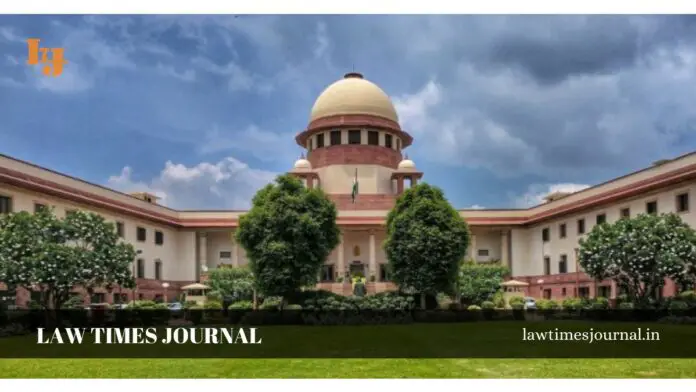
The Supreme Court ordered the central government to file a counter-affidavit contesting the Tribunal Reforms Act 2021 by next week.
The case filed by Madras Bar association and congress MP Jairam Ramesh was heard by a special bench comprising of Chief Justice of India NV Ramana, Justice L Nageswara Rao and Justice DY Chandrachud. Attorney General KK Venugopal asked the centre will file its counter-affidavit and requested for next week hearing.
In response to Mr Jairam Ramesh’s petition, the Supreme Court issued a notice stating that the Tribunal Reforms Act is a “virtual duplicate of the clauses struck down in the Madras Bar Association case.”
The Supreme Court had directed that an advocate with 10 years of experience must be considered for appointment and struck down the minimum age for qualification of 50 years in the Tribunal Reforms Ordinance 2021 in the Madras Bar Association Case.
Parliament in monsoon session has reintroduced the Tribunal Reforms Act 2021 the minimum age qualification of 50 years and fixation of tenure as 4 years. To this Justice Nageswara Rao observed that “there is no respect of our Judgement. These tribunals are not appointing member which is emasculated by the Union Government. Many tribunals are thus on the verge of closing down”.
Jairam Ramesh on his petition submitted that the principle of judicial independence is revoked by the legislature which amounts to “unconstitutional legislative overriding” of the judgment by the Supreme Court.
He has specifically stated the proviso section 3(1) read with Section 3(7), section 5 and section 7 (1) of the impugned Act as being ultra vires to Articles 14, 21 and 50 of the Indian Constitution.
The Madras Bar Association has also challenged Section 3(1), 3(7), 5 and 7(1) of Tribunal Reform Act, 2021 as in contravention to the principle of separation of powers, independence of the Judiciary and failure of efficient and effective administration of Justice.
The petition challenged Section 29 of the Tribunal Reforms Act, 2021 because it amends Finance Act, 2017 which can’t be done through ordinary legislation.
Further, it has been argued that section 3 (1) and section 7(1) seek legislative overrule the decisions of Top Court in various judgements; further, seek to allow the executive to overrule the judgements of courts through Rules.








